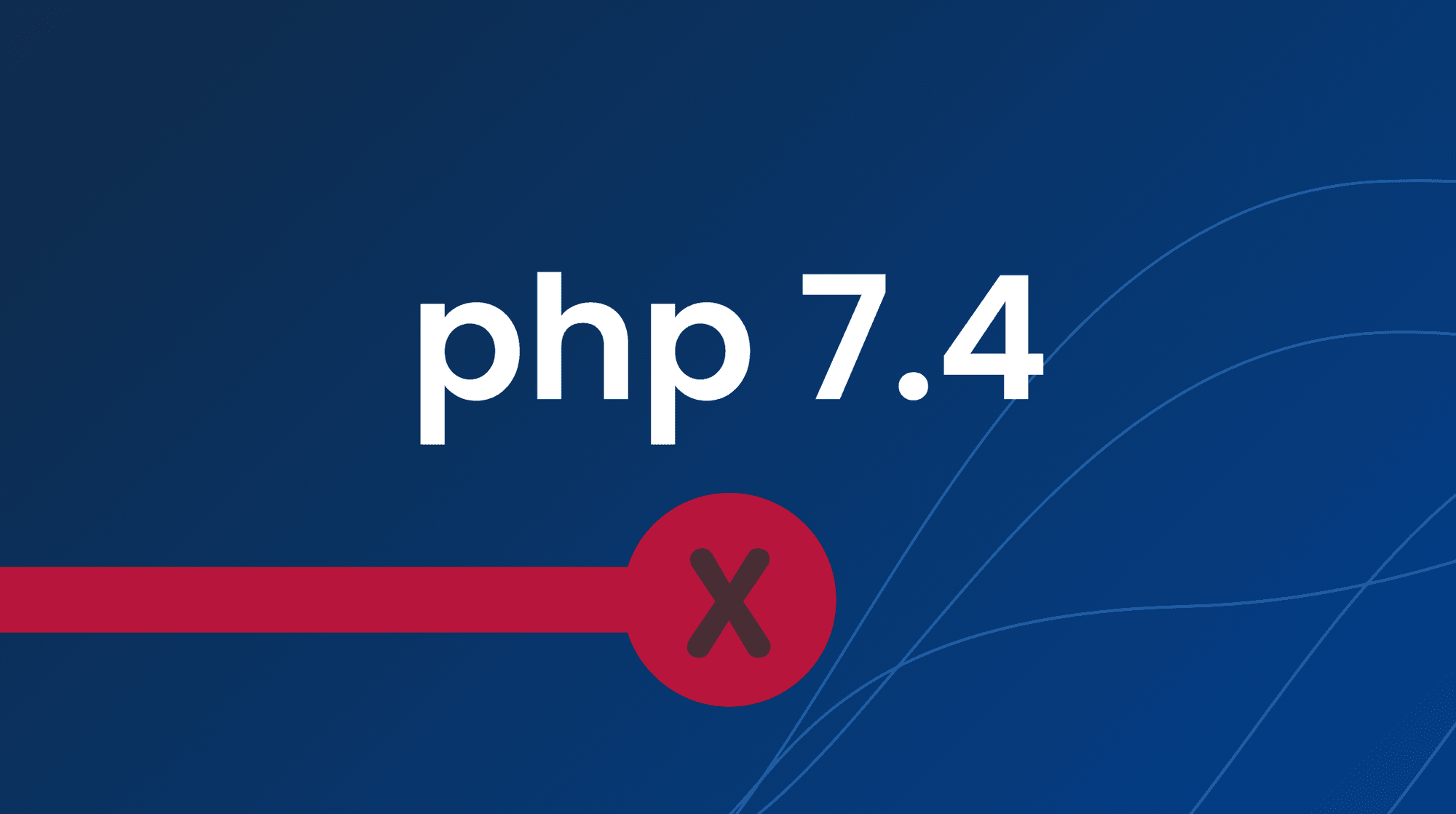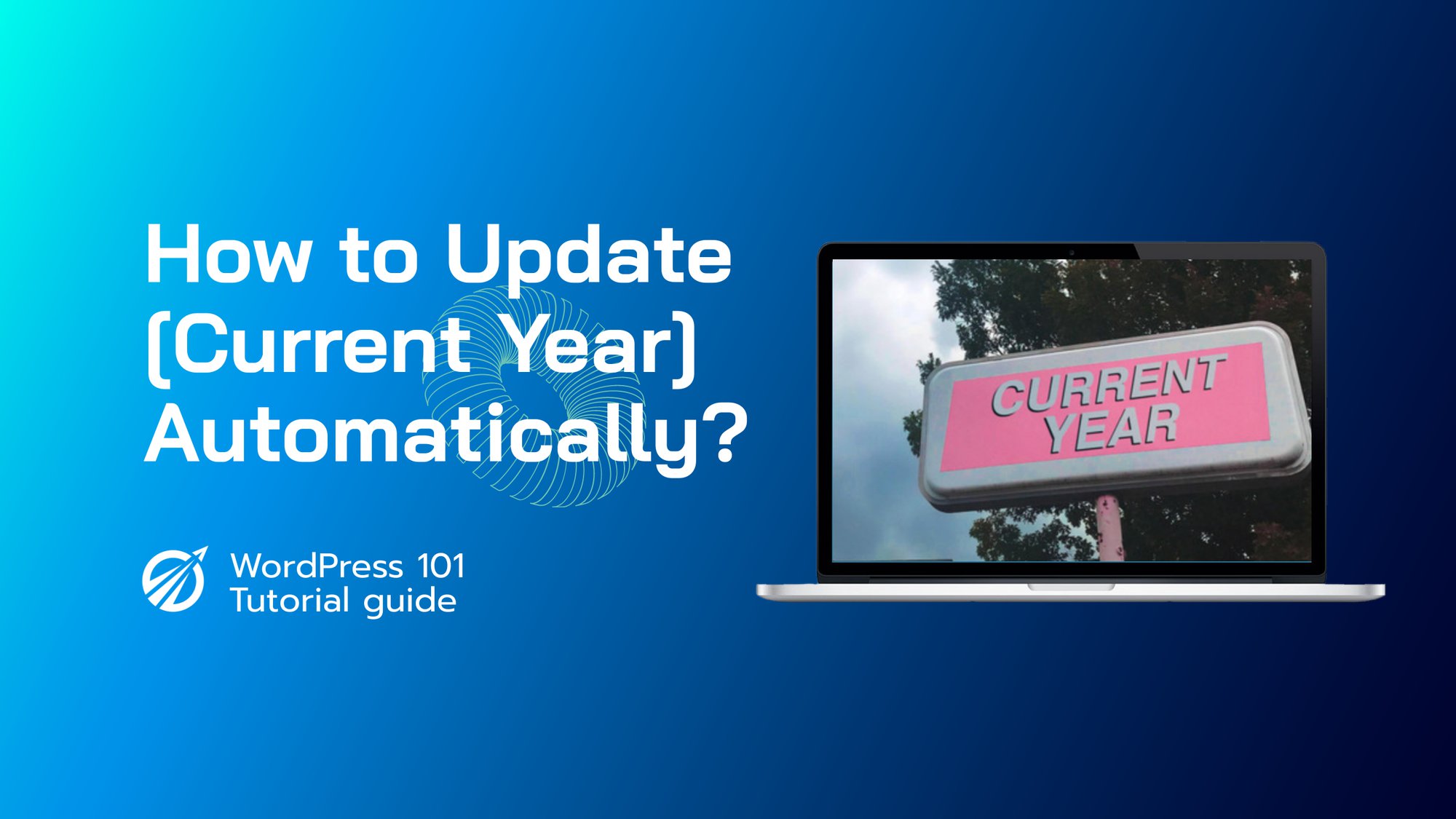無論您是經驗豐富的網站管理員,還是首次嘗試建立自己的網站的新手,在開始專案之前問自己一些關鍵問題是很重要的。其中最重要的應該與SEO,即搜尋引擎優化有關。 SEO 是一門科學,旨在讓您的網頁更容易被搜尋引擎找到,並確保它們排在結果頁面的頂部。如果您的網站或部落格沒有出現在這些結果的頂部,您可能會錯過很多潛在訪客。那麼您應該問自己哪些問題呢?請繼續閱讀,了解在建立網站或部落格並考慮 SEO 時應該詢問的 10 個最重要問題。
我的網站的重點應該是什麼?
在深入研究 SEO 之前,先明確您的網站或部落格的目的非常重要。你的目標是什麼?你的目標受眾是誰?您將創作什麼樣的內容?
這些問題的答案將幫助您確定網站的重點。例如,如果您的目標受眾是本地受眾,則可能需要在內容中包含特定於位置的關鍵字。
如果您的目標受眾是全球受眾,您可能需要建立針對不同語言最佳化的內容。此外,您還應該牢記要創建的內容類型——是以文字為主還是以圖像為中心?
該網站的主要目標是什麼?
首先,確定網站的主要目標很重要。是為了吸引新客戶、提高品牌知名度,還是作為資訊資源?這將幫助您確定 SEO 工作的重點。
然後您將需要確定網站的目標受眾。你想吸引誰?了解目標受眾的人口統計特徵將有助於您製作引起他們共鳴的內容,並建立有針對性的活動來接觸他們。
了解網站的目的和目標受眾將幫助您確定正確的目標關鍵字以及要建立的內容類型。這將幫助您為您的網站建立強大的 SEO 基礎。
我將涉及哪些主題?
在開始創建內容之前,確定主題和關鍵字非常重要。這將幫助您創建針對正確受眾並針對搜尋引擎進行優化的內容。
首先建立與您的領域相關的主題清單。集思廣益,提出一些與每個主題相關的關鍵字,並使用關鍵字研究工具來尋找更多關鍵字。這將使您更了解您需要建立的內容類型和您應該定位的關鍵字。
然後,使用 Google Search Console 和 Ahrefs 等 SEO 工具來更好地了解哪些關鍵字在您的領域已經很流行。這將幫助您確定 SEO 應關注的主題和關鍵字的優先順序。
我的目標受眾是誰?
在開始為您的網站進行 SEO 工作之前,您需要知道您的目標受眾是誰。
了解你的目標受眾是創建成功的網站或部落格的關鍵部分。您需要知道您為誰寫作,他們喜歡什麼樣的內容,以及在搜尋您的網站時他們可能使用哪些關鍵字。
您可以使用各種工具來了解您的目標受眾。您可以使用 Google Analytics 來追蹤網站訪客,並使用社群媒體分析工具來追蹤追蹤者的人口統計資料。您還應該使用關鍵字研究工具來找出目標受眾正在搜尋的關鍵字。
一旦您知道了目標受眾是誰,您就可以建立根據他們的需求量身定制的內容,並且可以使用他們在搜尋您的網站時可能使用的關鍵字。這將有助於您的網站或部落格在搜尋引擎結果中獲得更高的排名。
如何在網路上找到我?
建立網站或部落格時最常見、最重要的問題之一是:如何在網路上找到我?這個問題的答案是SEO。 SEO 代表搜尋引擎優化,它是優化您的網站以提高搜尋引擎結果的可見性和排名的過程。為此,在創建網站或部落格之前,你應該問自己幾個關鍵問題:
1. 我的目標關鍵字是什麼?
2.我的競爭對手在做什麼?
3. 如何創造富含關鍵字的內容?
4. 如何優化我的網站的技術面?
5. 如何建立高品質的反向連結?
6. 我如何衡量成功?
7. 如何及時了解 SEO 最佳實踐?
8. 如何追蹤 SEO 表現?
9.如何針對本地SEO進行最佳化?
10. 如何將SEO與其他數位行銷策略結合?
透過問自己這些問題,您可以確保您的網站或部落格針對搜尋引擎進行了適當的優化,並且您有最大的機會在網路上被發現。
我該定位哪些關鍵字?
您的關鍵字研究應該全面並涵蓋與您的網站/部落格相關的主題。您定位的關鍵字不僅要受歡迎,還要具有較高的購買意向,並且與您的主題相關。
您可以使用各種工具來研究關鍵字,例如 Google 的關鍵字規劃師、Ahrefs 或 SEMRush。
一旦確定了您想要定位的關鍵字,您就應該開發針對這些關鍵字優化的內容。這包括優化網頁的標題、元描述和內容。
您還應該在網站的 URL 結構中使用關鍵字,並將其包含在內部連結中。這將有助於確保搜尋引擎可以輕鬆識別和索引您的網頁。
還有哪些網站已經針對這些術語進行了排名?
當您建立網站或部落格時,了解其他網站針對您所定位的相同關鍵字的排名情況非常重要。
這可以幫助您了解自己面臨的挑戰,從而可以創建更具競爭力的更好的內容。
您可以使用各種工具來回答這個問題,例如 Google Search Console、SEMrush 和 Ahrefs。
這些工具將讓您了解針對特定關鍵字進行排名的頁面和網站數量、平均每月搜尋量以及排名靠前的網站的網域權限。
這些資訊非常有價值,因為它可以讓您了解如何讓您的網站或部落格在競爭中脫穎而出。
我如何確保我的網站在競爭中脫穎而出?
在開始創建內容之前,您必須進行一些研究來確定競爭對手並了解他們在做什麼。您可以使用 SEMrush 等工具來清楚了解競爭對手以及如何脫穎而出。
您還應該考慮針對您的網站的最有效的關鍵字。使用 Google 關鍵字規劃工具等工具為您的網站找到最佳關鍵字,並將其定位到您的內容中。
一旦確定了競爭情況和目標關鍵字,就該開始創建內容了。確保在您的內容中包含關鍵字,並創建獨特且引人入勝的內容。這將幫助您的網站在競爭中脫穎而出,並更容易在搜尋引擎結果中獲得更高的排名。
我該使用什麼 SEO 工具?
說到 SEO,您可以使用許多工具來幫助您優化網站、追蹤進度和分析競爭對手。以下是我們最喜歡的一些工具:
Google Search Console:這個強大的工具將幫助您追蹤網站的自然流量、識別潛在錯誤等等。
Google Analytics:此工具將幫助您更深入地了解您網站的效能並追蹤關鍵績效指標。
Ahrefs:這個強大的 SEO 工具將幫助您追蹤您網站的排名,發現競爭對手的反向連結等。
Screaming Frog:此工具將幫助您審核您的網站並快速識別任何 SEO 問題。
這些只是眾多可用的 SEO 工具中的一小部分。根據您的預算和網站需求,您可以找到適合您企業的完美 SEO 工具。
我該安裝什麼 SEO 外掛?
優化您的網站的第一步是安裝 SEO 外掛。 SEO 外掛程式可協助您新增元標記、建立 SEO 友善的永久連結、建立 XML 網站地圖等。
最受歡迎的 SEO 外掛程式是 Yoast SEO、All in One SEO Pack 和 Rank Math。 Yoast SEO 是最廣泛使用的 SEO 插件,對於初學者來說是一個很好的選擇。它提供了一套全面的功能並且易於使用。 All in One SEO Pack 和 Rank Math 也是很好的替代品。
安裝 SEO 外掛程式後,您可以透過新增元標記、設定重定向、建立 XML 網站地圖等開始優化您的網站。
我應該使用什麼SEO審核工具?
SEO 審核工具對於尋找可能妨礙您的網站在搜尋引擎中的表現的技術問題至關重要。在創建網站或部落格時,使用正確的工具來確保您的網站針對 SEO 進行了優化非常重要。
一些最受歡迎的 SEO 審核工具包括 Google Search Console、Screaming Frog、Ahrefs 和 SEMrush。每個工具都提供不同的特性和功能。例如,Google Search Console 可用於分析您的網站在搜尋引擎結果中的表現,而 Screaming Frog 可用於抓取您的網站以尋找技術 SEO 問題。 Ahrefs 和 SEMrush 可用於分析您網站的反向連結配置文件,以及監控您的競爭對手的表現。
我應該使用哪些 SEO 關鍵字研究工具?
在進行關鍵字研究時,您可以使用各種不同的工具。其中最受歡迎的兩個是 Google 關鍵字規劃師和 Ahrefs。
Google 關鍵字規劃師是一款免費工具,可為您提供關鍵字創意及其估算的搜尋量。它對於概覽搜尋情況和了解人們如何搜尋您的內容非常有用。
Ahrefs 是一款付費關鍵字研究工具,可提供更進階的關鍵字洞察。它可以讓您看到為競爭對手的網站帶來流量的關鍵字,並提供對關鍵字難度、搜尋量等的更深入的分析。
這兩種工具對於 SEO 關鍵字研究都非常有用。根據您的預算和關鍵字研究需求的複雜性,您可以選擇最適合您的工具。
我應該使用什麼SEO分析工具?
說到 SEO 分析,您可以使用多種工具來衡量 SEO 工作的成功。
Google Analytics 是衡量您網站效能的絕佳工具。它是免費的,可以讓您深入了解您的網站的運作情況,包括流量來源和用戶行為。
您應該考慮使用的另一個工具是 Google Search Console。此工具可讓您深入了解您的網站在 Google 上的可見性,例如哪些頁面針對特定關鍵字進行排名以及哪些查詢為您的網站帶來了最多的流量。
您可能需要考慮的其他工具包括 Moz、Ahrefs 和 SEMrush。這些工具可以更詳細地了解您網站的 SEO 效能,包括關鍵字排名、反向連結配置等。
我應該創建什麼內容?
在創建網站或部落格時要問的最重要的問題之一是您應該創建什麼內容。內容是 SEO 的支柱,因為它將被索引、排名和分享。
在決定要創建什麼內容時,您應該考慮目標受眾、他們關心的話題以及他們喜歡消費的內容類型。您的內容應該有價值、真實且資訊豐富。
您還應該考慮您想要透過內容定位的關鍵字類型。這可以透過研究當前趨勢和了解人們正在搜尋什麼來實現。一旦知道了要定位的關鍵字,就可以創建以這些關鍵字為重點的內容。
最後,您應該考慮想要建立的內容類型。這可能包括部落格文章、影片、資訊圖表、播客等。專注於創建對您的目標受眾最有效的內容。
我應該關注哪些類型的內容?
說到內容,您要確保您創建的內容有價值、相關且引人入勝。您應該專注於創造能為讀者提供真正價值的內容。
您可以關注的一些內容類型包括:
– 部落格文章
– 指南
– 教學課程
- 影片
– 資訊圖表
- podcast
– 個案研究
您還應該考慮創建針對 SEO 進行最佳化的內容。這包括創建包含正確關鍵字、針對技術 SEO 進行最佳化並以 SEO 友好的方式建立的內容。此外,您還應確保所建立的內容針對目標特定受眾進行了最佳化。
我如何確保我的內容有利於 SEO?
對於任何網站或部落格來說,創建 SEO 友善的內容應該是首要任務。以下是確保您的內容有利於 SEO 的一些提示:
研究關鍵字:在撰寫部落格文章之前,請確保研究相關的關鍵字並在整篇文章中使用它們。
創建引人注目的標題:標題應該引人注目,並包含關鍵字,這將有助於您的貼文在搜尋引擎結果頁面中脫穎而出。
為人類撰寫內容:不要在內容中填充太多關鍵字;相反,要專注於撰寫有趣且資訊豐富的內容,以吸引讀者。
包括圖像和影片:圖像和影片可以幫助分解文字並使內容更有趣。
連結到其他頁面:內部連結可以透過連接您網站上的相關頁面來幫助提升您的 SEO。
您還可以使用 Yoast SEO 等 SEO 工具來幫助您優化內容並確保其符合 SEO 要求。
我應該多久創建新內容?
內容創作是SEO最重要的方面之一。這也是最耗時的事情之一。
當談到內容創作時,制定計劃很重要。您應該多久創建新內容?
答案取決於您的目標和資源。如果您剛開始,建議每周至少發布兩次新內容。隨著您的網站不斷發展並且擁有更多的資源,您可以增加內容創建的頻率。
您還應該考慮所創建的內容類型。是部落格文章、影片還是其他什麼?
考慮哪些主題對你的受眾來說很重要也很重要,這樣你就可以創造引起他們共鳴的內容。
最後,追蹤內容的效能並根據需要進行調整非常重要。您可以使用分析工具來追蹤內容的效能,例如頁面瀏覽量、頁面停留時間和轉換次數。這將幫助您了解哪些內容引起了觀眾的共鳴以及哪些內容需要改進或替換。
我該如何優化我的網站?
優化您的網站是 SEO 的關鍵部分,在啟動網站或部落格時您應該問自己一些關鍵問題。
1. 我該定位哪些關鍵字?
2. 如何優化我的標題和元描述?
3. 如何創建 SEO 友善的 URL?
4. 我應該創造什麼樣的內容?
5. 如何優化我的影像?
6. 如何提高我網站的效能和速度?
7. 我應該使用哪一種內部連結?
8. 如何確保我的網站適合行動裝置?
9. 如何追蹤我的網站進度?
10. 我應該使用什麼策略來建立更多連結?
回答這些問題將幫助您建立針對搜尋引擎成功進行優化的網站或部落格。此外,了解這些問題的答案將幫助您建立針對使用者體驗和參與度進行最佳化的網站或部落格。
我應該使用什麼技術來優化我的頁面?
搜尋引擎優化(SEO)是幫助您的網站或部落格在搜尋引擎結果中排名更高的重要因素。您可以使用多種技術來優化您的頁面,以獲得更好的可見性。
首先,您應該為網站上的每個頁面建立描述性標題和元描述。這有助於搜尋引擎了解每個頁面的內容。
您還應該專注於創建與目標受眾相關的內容。使用您的目標受眾可能搜尋的關鍵字,並將其包含在您的頁面標題、元描述、標題和正文中。
連結建設也是SEO的重要因素。確保連結到您網站上的其他相關頁面以及其他網站和社交媒體資料。這有助於搜尋引擎看到您的網站是該主題的權威。
最後,您應該使用 SEO 工具來追蹤您的進度並確保您的 SEO 工作有效。 Google Search Console 和 Ahrefs 是兩個流行的 SEO 工具,您可以使用它們來追蹤您的進度。
我應該使用什麼技術來優化我的圖像?
優化圖片是正確的 SEO 的重要部分。例如,您應該確保包含一個描述頁面上圖像內容的「alt」屬性。這有助於搜尋引擎了解圖像的上下文,從而有助於您的排名。
此外,您應始終確保您的影像針對網路進行了最佳化。這意味著減小檔案大小以便快速載入。您可以使用影像優化工具(例如 Kraken.io 或 TinyPNG)來實現此目的。
其他需要考慮的事情包括使用描述性檔案名稱和為圖像添加標題。這些可以幫助搜尋引擎更好地理解頁面內容並提高您的排名。
我應該使用什麼技術來優化我的元標籤?
元標籤是 SEO 的關鍵部分,應該針對您網站的每個頁面進行最佳化。元標籤包括標題標籤、元描述和元關鍵字。
標題標籤應介於 50-60 個字元之間,並應準確描述頁面內容。
元描述應約為 150-160 個字符,並應解釋該頁面的內容。
元關鍵字應該是一些能夠準確描述頁面內容的相關術語。它們不再像以前那麼重要,但將它們納入仍然是一個好主意。
最後,確保優化您網站上每個頁面的元標記。不要在每個頁面上使用相同的元標記,因為這可能會對您的 SEO 產生負面影響。
我如何建立連結?
連結建立是 SEO 的核心部分,是提高網站知名度、自然流量和排名的有效方法。
連結建立包括與其他網站和內容創作者建立關係並鼓勵他們連結到您的網站或內容。
連結建立可以透過多種策略實現,例如客座部落格、內容聯合、影響力拓展以及在您的行業內建立關係。
了解您想要建立的連結類型以及有利於 SEO 的連結類型非常重要。連結應該自然,不應顯得被操縱,並且應該來自權威來源。
當考慮建立連結時,你應該問自己以下問題:
– 我需要實施什麼樣的連結建立策略?
– 我的行業中最權威的消息來源是誰?
– 我應該創建什麼樣的內容來吸引連結?
– 我應該建立什麼樣的關係?
– 我該做什麼樣的外展活動?
– 如何追蹤我的連結建立工作的進度?
– 我如何衡量我的連結建立工作的成功?
– 我如何確保我的連結建立工作是自然的而不是被操縱的?
– 我需要什麼樣的工具來幫助我建立連結?
– 我應該多久進行一次連結建設?
我應該使用什麼技術來建立反向連結?
對於任何網站或部落格來說,連結建立是最重要的 SEO 策略之一。它有助於提高您網站的搜尋引擎排名,為您的網站帶來更多流量,並可以提高您網站的可信度和權威性。
建立反向連結時,重要的是注重品質而不是數量。這意味著您應該專注於從具有高網域權限的知名網站建立連結。您也可以嘗試從與您的利基相關的相關網站建立連結。
您可以使用多種技術來建立反向鏈接,包括訪客部落格、目錄提交、新聞稿、社交媒體行銷和斷開的連結建立。
如果您剛起步,您應該專注於創建人們願意分享和連結的高品質內容。一旦您擁有一些高品質的內容,您就可以開始專注於連結建立。
我應該使用什麼技巧來獲得更多的社交分享?
社群分享是 SEO 的重要組成部分,因為它們可以幫助提高內容的可見度。
為了獲得更多的社交分享,您應該使用一些技巧,例如創建可分享的內容,在您的網站上包含社交分享按鈕,以及在您的社交媒體管道上推廣您的內容。與您的追蹤者和有影響力的人互動以鼓勵他們分享您的內容也很重要。
您還應該考慮使用社群媒體管理工具來幫助您管理和追蹤您的社群媒體帳號。這些工具可以幫助您建立和安排貼文、追蹤分析以及監控有關您品牌的對話。
總結
SEO 領域不斷發展,因此了解最新的最佳實踐非常重要。當您建立新網站或部落格時尤其如此,因為您現在做出的決定將對您網站的效能產生持久的影響。
提出正確的問題可以幫助您確保您的新網站或部落格從一開始就獲得成功。請務必問自己上面列出的問題,以確保您的 SEO 策略到位,並且您正在走向成功。
不要忘記,SEO 是一個過程,您需要跟上最新的趨勢和技術,以確保您的網站保持針對搜尋引擎的最佳化。保持內容的新鮮度和相關性,並不斷優化您網站的技術方面,以確保最佳的搜尋引擎效能。祝你好運!



















